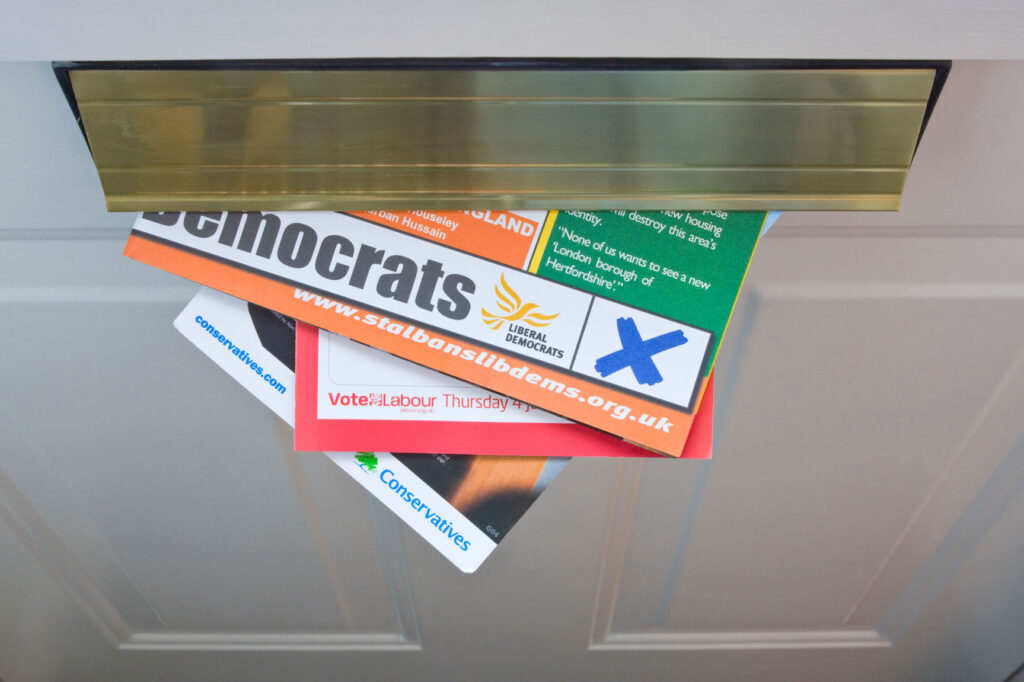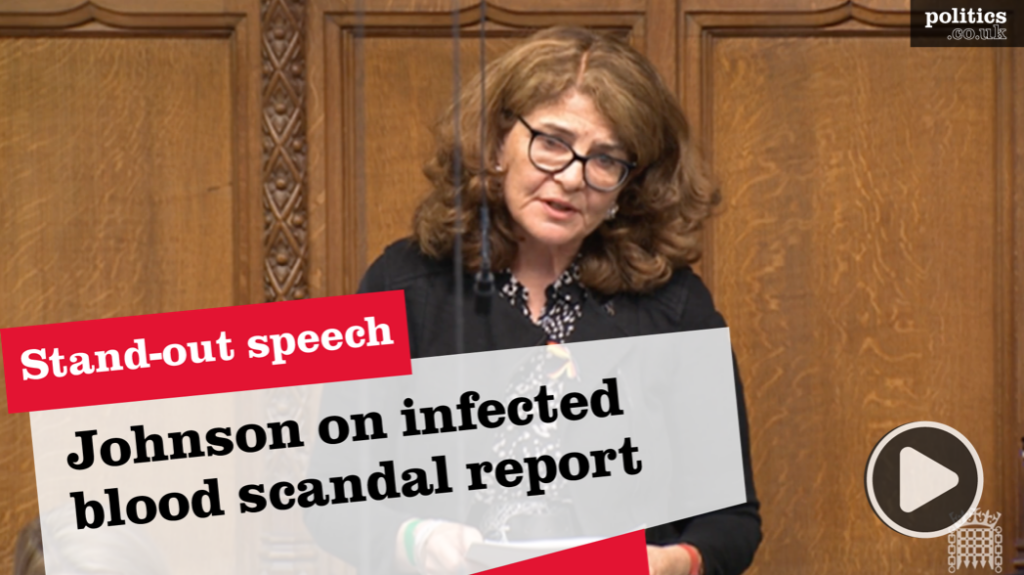As the anticipation for an election builds, the polling company Opinium has been tracking the public’s eagerness for political change. Throughout 2024 the most popular choice is for an election by June. Only 6% say they would prefer it to take place in January 2025 and 18% say they are unsure. But as we wait for an official call to the polls, political parties have been busy refining their campaign strategies and testing their messaging through polling and focus groups.
Political strategists of all colours are taking temperature checks on public attitudes so they can sway public opinion in their favour, or just as powerful, away from their rivals. Expect to hear Labour repeat the line that Sunak “just doesn’t get it”, playing on the view that his personal finances make him too out of touch to address the cost of living. The Conservatives will, as they have done since 2015, talk up a “coalition of chaos”, with the threat that Labour will form a government with the help of the SNP.
Negative campaigning has long been a staple of political discourse. Cognitive psychologists will point to ‘negativity bias’ in individuals that makes us more likely to pay attention to, and give more weight to, negative information compared to positive information. However, in political terms, research shows it is most effective at persuading people not to vote at all.
Therefore, while recent focus on influencing elections has landed on the use of mis and disinformation by external actors, political parties have turned to a new approach. Deceptive campaigning. The spreading of information that just remains within the legal boundaries. It has flourished in the social media era as attention spans fall and short form content fails to allow for context. Even if corrected, a mistruth has likely been disseminated widely and largely unchecked.


A Labour Party social media post claiming that “Rishi Sunak does not think adults convicted of sexually assaulting children should go to prison” might now have a community note with links to provide context, but the post is still live and has been viewed over 22 million times. In the 2019 election, Conservative Party HQ rebranded their Twitter handle to @factcheckuk during a televised leaders’ debate. Twitter declared this breached its terms of service by “misleading the public” and said it would take action if something similar happened again. It is unclear what X under Elon Musk would now do in that situation.
Deceptive campaigning extends beyond the confines of social media. We have all seen leaflets with misleading bar charts claiming “only the Liberal Democrats can win here”. Only last year, the Conservative Party were accused by the press regulator, Impress, of “misleading voters” after they were found to have published newspapers named after defunct titles to promote their policies in areas where there were by-elections. The CIPR warned at the time that tactics such as this damages trust in our politics and tarnishes the integrity of elections.
When the countdown to the election officially begins, it will herald not only a democratic milestone but also the commencement of a campaign fraught with ethical dilemmas and partisan strife. There are stricter expectations and rules on businesses making false claims, and the same level of regulation and public expectation should exist in our politics.
In an age where misinformation is so prevalent and trust in our political institutions is so low, it is imperative that the information shared by political parties is true and accurate.
Politics.co.uk is the UK’s leading digital-only political website, providing comprehensive coverage of UK politics. Subscribe to our free daily newsletter here.












